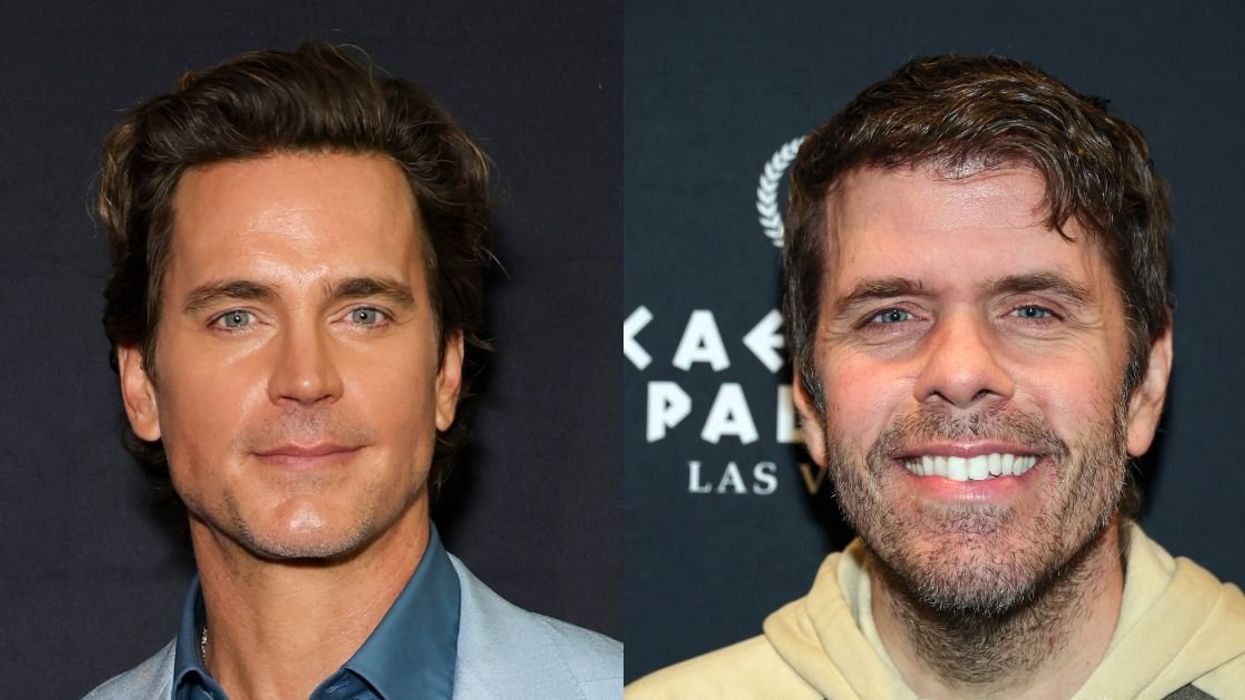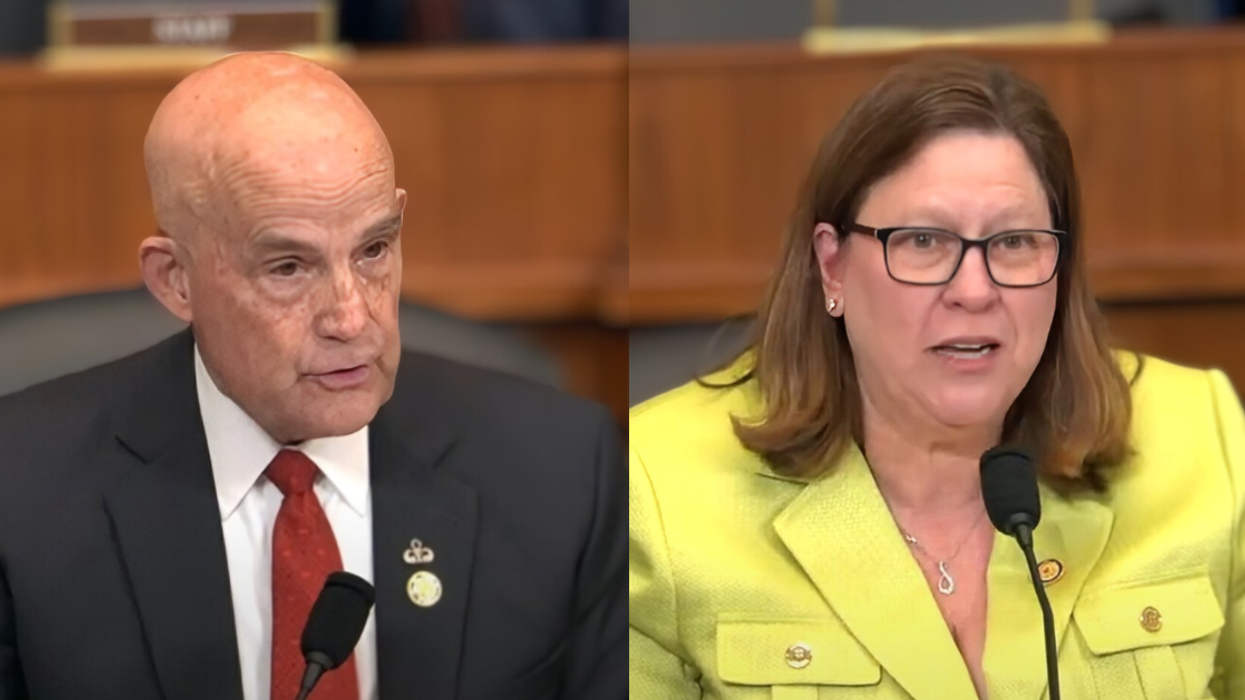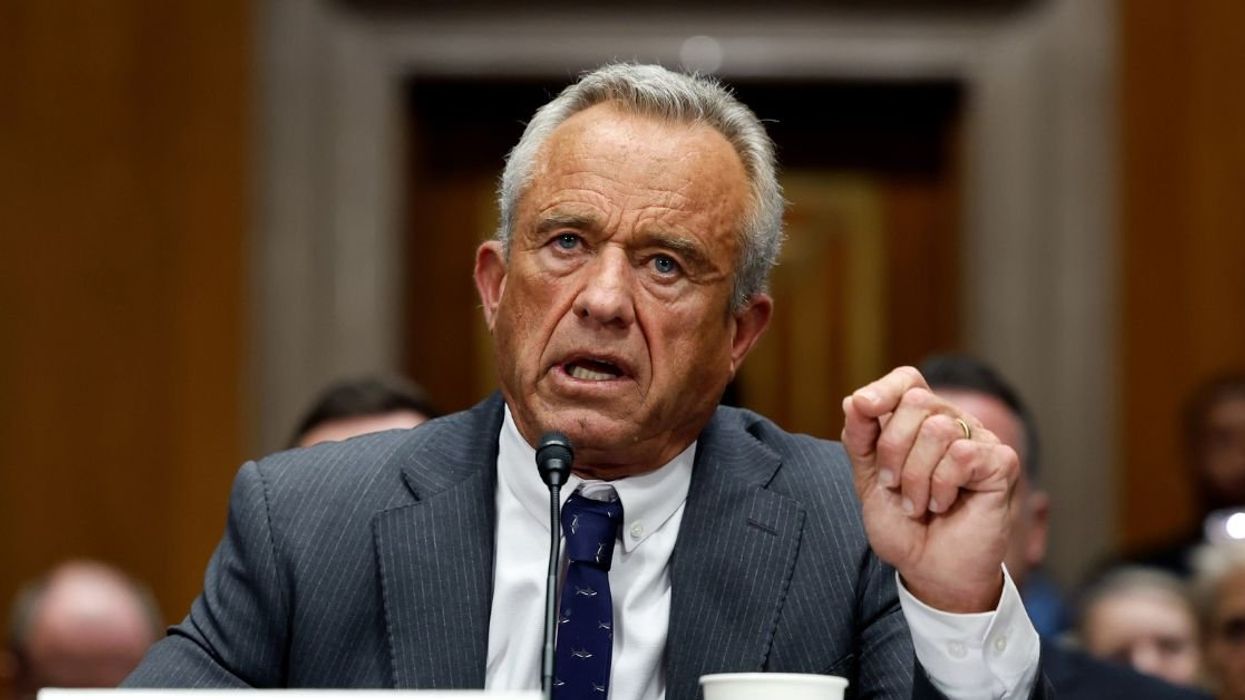When Virginia Gov. Glenn Youngkin ran on a platform that raised the boogeyman of liberal indoctrination in our schools, the GOP paid close attention. His victory there last November reconfirmed that divisive educational culture wars could produce significant political gains—and Republican lawmakers doubled down.
The effects have been chilling, and we should be concerned. According to a report by Pen America, an organization dedicated to protecting free expression in the U.S., there has been a sharp rise in the number of bills introduced or proposed in state legislatures throughout 2021 and into 2022. Specifically, there were 122 educational “gag order bills” introduced in 33 states, of which 10 have become law in nine states and 88 remain under consideration.
To unpack what these bills do, it’s helpful to break them down into categories based on the kind of threat they pose to free speech and education.
Banned Materials and Prohibited Speech
Across GOP-controlled states, there are laws now on the books and further bills being enacted that seek to keep kids from being taught about race or racial history. Last year, Florida’s legislature banned the teaching of “Critical Race Theory” in classrooms. And on Tuesday of this week, a Florida state subcommittee, at the request of Gov. Ron DeSantis, advanced legislation called the Florida “Individual Freedom Bill” which gives added teeth to the CRT ban by prohibiting anything that makes children feel “discomfort, guilt, anguish or any other form or psychological distress on account of his or her race.”
The new law and proposals are already having a disturbing effect. Concerns over CRT boiled over recently when a lecture by J. Michael Butler, a history professor at Flagler College in St. Augustine, to a group of educators in the Osceola County School District was cancelled. The talk was to be called “The Long Civil Rights Movement.” Butler told NBC News that he was “shocked” to learn why his lecture has been cancelled. “There’s a climate of fear, an atmosphere created by Gov. Ron DeSantis, that has blurred the lines between scared and opportunistic,” Butler said.
In Indiana, a proposed bill would bar materials that include “anti-American ideologies.” As the Pen America report’s author, political scientist Jeffrey Sachs, told the Washington Post, “A parent could complain that a teacher’s lecture about the Jim Crow era or about the persistence of racism and sexism in American life constitute anti-American ideology, and must be punished with the full force of the law.” A similar proposal in the Indiana legislature would prohibit the use of any materials that include concepts such as that the U.S. was founded as a “racist nation” or that it is “irredeemably racist.”
As reported by Popular Information, a group in Tennessee called “Moms For Liberty” have used the new anti-CRT and “discomfort” laws there to file a complaint with the Tennessee Department of Education objecting to the inclusion of books such as “Martin Luther King, Jr. and the March on Washington” and the autobiography “Ruby Bridges Goes to School” arguing that it made children “hate their country, each other, and/or themselves.” The “Moms” objected to photographs of white firemen blasting black children with fire hoses and of segregated drinking fountains that asked, “Which of these fountains look nicer to you?”
Vague and Badly Written Laws
By using phrases like “anti-American” and “discomfort” in their statutes and bills, these states have created a great deal of confusion over what can and cannot be taught. Laws that require “multiple perspectives” when debating “currently controversial subjects” quickly descend into disarray. In Texas, for example, a confused administrator made national headlines while trying to comply with new educational imperatives under House Bill 3979. She told teachers in a training session that if they have a book about the Holocaust in their classroom, they should offer students access to an “opposing” perspective—leading many to question what legitimate text would oppose the fact of the Holocaust.
Some of the laws contain embarrassing factual errors, such as the bill in Virginia that incorrectly stated that the Lincoln-Douglass debates were between Abraham Lincoln and Frederick Douglass. (Contrary to former President Trump’s widely derided statement that Frederick Douglass is someone who “has done an amazing job,” he is also in fact long deceased.)
Other bills are internally inconsistent. For example, one proposed law in Indiana, H.B.1040, mandates that teachers be “impartial” in any conversation about historical events, but then in the same breath states that in a run-up to a general election, students must be taught that “socialism” (lumped in with Marxism, communism and totalitarianism) is “incompatible with and in conflict the principles of freedom upon which the United States was founded.”
When vague, ambiguous or overly broad bills become laws, those potentially impacted by it tend to steer far clear of the line that the drafters intended to draw. Self-censorship becomes the norm because educators and administrators simply don’t know what will get them in trouble. This is what it means to “chill” free speech and pedagogy.
Vigilantism and Private Rights of Action
The success of the Texas anti-abortion law, which empowers private citizens to collect bounties on others who they allege conducted illegal abortions, is quickly becoming a model for how the right can monitor and control what is taught in the classroom. In Florida, the so-called “Stop W.O.K.E. Act” would allow parents to sue districts that teach “Critical Race Theory” and recoup their legal costs should they prevail.
Similarly, as reported in December by Pen America, in New Hampshire S.B. 2 was tacked on to a budget bill and became law, and it states that any person “claiming to be aggrieved” by the teaching of any ideas about race or sex can file a civil suit against the offending school for damages. And in Missouri, the proposed SB 245 would require “an overall positive” historical portrayal of the U.S. and allow private citizens to sue for violations, with a $1,000 bounty for each violation plus recoupment of legal fees. In Kentucky, BR 69 would raise that number to a whopping $100,000.
This week, Governor Youngkin of Virginia, having apparently failed to learn the lesson of Texas when it set up an “abortion tip line,” encouraged parents to report instances where any school is behaving objectionable, including the teaching of “divisive” subjects. “We’re asking for folks to send us reports and observations,” he said in an interview, to “help us be aware of…their child being denied their rights that parents have in Virginia, and we’re going to make sure we catalogue it all…And that gives us further, further ability to make sure we’re rooting it out.”
The tip line was immediately flooded, but not by his supporters. Across TikTok and Twitter, “concerned” citizens began to mock the tip line and fill the official email inbox with sarcastic and unusable commentary. You can see some of it here.
Joking aside, the threat to free speech and educators across GOP-controlled America is now officially another key front in the culture wars being waged by the right. They believe that they have tapped successfully into deep-seated fears, trying the explosive topics of race and protecting children into a toxic and regressive combination. We can expect these issues to be front and center in the midterms and our politics generally as the nation continues to grapple with its identity, its painful legacy of racism, and creeping authoritarianism cloaked in the guise of “educational transparency” and “parental rights.”
For more political analysis, check out The Status Kuo newsletter.















